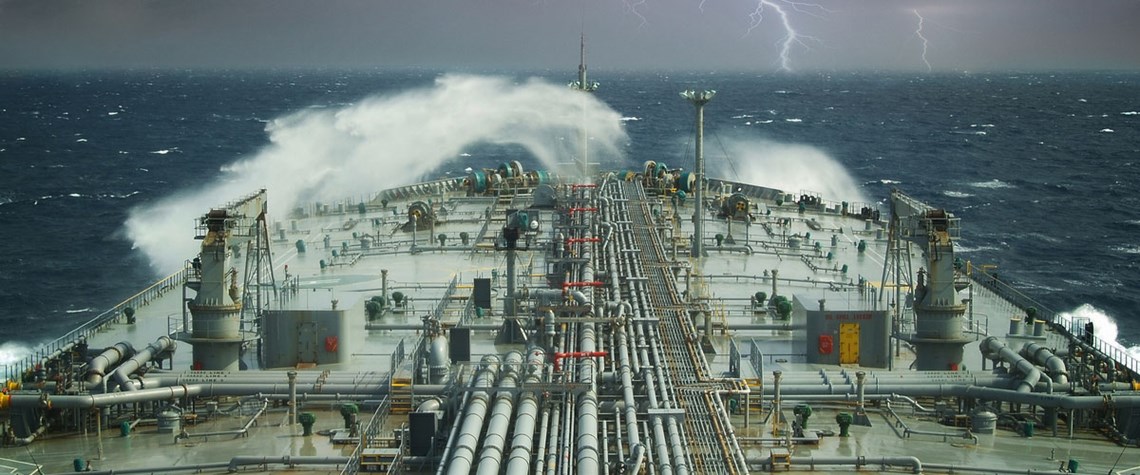Shipping faces tough decarbonisation choices
Supply chains will be critical as the maritime sector looks for alternative fuels
Shipping accounts for significant greenhouse gas (GHG) emissions, and the industry is accelerating its efforts to meet ambitious UN decarbonisation goals. But it remains unclear which competing solution—or combination of solutions—will prevail. The International Maritime Organisation (IMO) is targeting a 50pc cut in GHG emissions from shipping by 2050, relative to 2008 figures, and wants to slash the sector’s carbon intensity—the amount of CO2 emitted per ton-mile—by 40pc by 2030 and 70pc by 2050. A coalition of IMO member states —which together control a major share of the world’s shipping tonnage and include Greece, Liberia, Japan, Malta, Switzerland and Singapore—propose the organisation

Also in this section
25 April 2024
Carbon capture rates forecast to rise steadily from end of decade, but policy tools to drive large-scale deployment have yet to take shape, according to DNV
23 April 2024
Europe must unlock cross-border CO₂ trade if it wants to build a viable CCS sector for the long term
16 April 2024
US and European oil majors snap up smaller players and look to accelerate development in a region deemed to possess all the key elements for successful CCUS deployment
15 April 2024
Demand for credits seen rising 20% this year despite issues around integrity and standardisation







